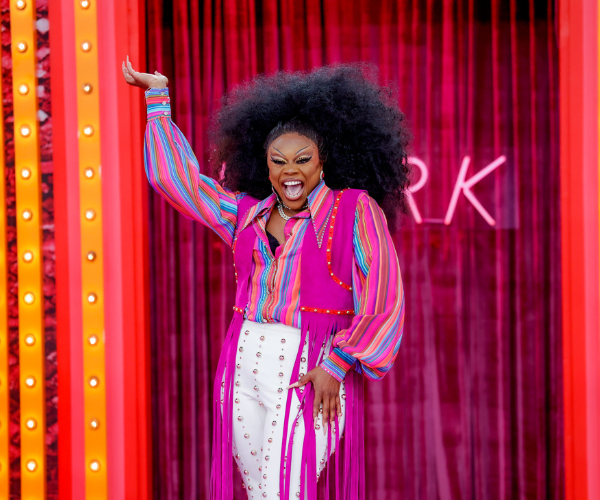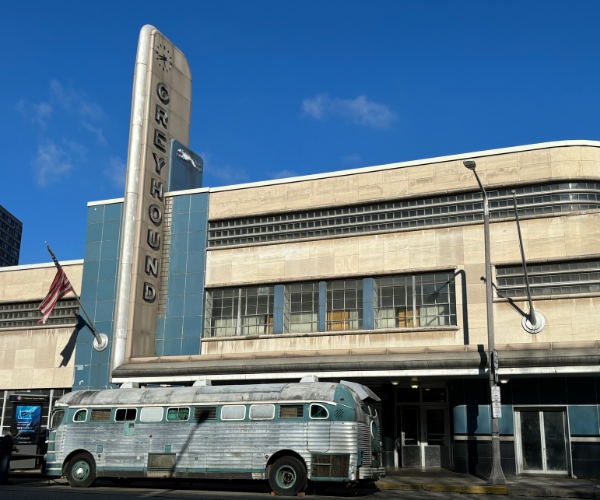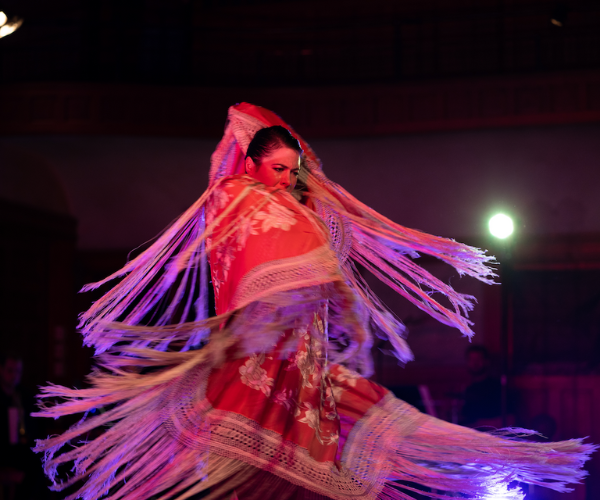There’s no confusion about what’s at stake in every performance of Cleveland Public Theatre’s How to End Poverty in 90 Minutes.
A thousand dollars, drawn in part from that night’s box office, sits onstage as one of the production’s main characters. Its fate is determined by another central player, the audience, who votes on where to spend the money to reduce poverty.
“Our goal is for you to come thinking you’re going to vote for one thing, and by the end you’re voting for something else,” says Michael Rohd, who created the play with Sojourn Theatre, the national theater company that tours it around the country. “You’re constantly reflecting on how poverty exists in our current national context and daily life.”
The theatrical approach to social justice combines scripted scenes, music, prerecorded video and small-group discussions led by a cast member. At night’s end, the audience votes to donate the funds to a community outlet in one of five categories: daily needs, system change, making opportunities, education and direct aid. Cleveland Public Theatre is partnering with United Way of Greater Cleveland to select the local causes during the show’s Jan. 24-28 run.
“Part of this is about building empathy,” says Raymond Bobgan, executive artistic director of Cleveland Public Theatre. “Part of it is about re-affirming empathy that’s there.”
Since its 2013 premiere at Northwestern University, How to End Poverty has donated $67,000 and been produced from Nashville, Tennessee, to rural Montana. Local stories are incorporated into the narrative, and each audience brings its own perspective.
“Theater allows you to bring a lot of different voices into the conversation,” says Rohd.
In Portland, for example, one audience opted to give the money directly to those in need, while a Montana audience chose to aid an organization’s mission, citing Libertarian ideals opposing welfare programs. Awards have ranged from $1,000 for job training for immigrants in Nashville to educational programs at Chicago nonprofit charter schools.
Bobgan isn’t sure how Clevelanders will vote. But he knows the money will be put to good use, whether it’s for workforce training at Youth Opportunities Unlimited or Neighborhood Housing Services of Greater Cleveland’s short-term housing for the homeless.
“Small investments can make a difference,” says Bobgan. “But more importantly, what happened in that moment is this audience just voted for this strategy, and now they have a closer, implicit relationship with this organization.”
Even if their selection doesn’t win the vote, audience members receive a United Way of Greater Cleveland booklet after each performance listing poverty reduction organizations that match each category and give them options for future involvement.
“I don’t think there are a lot of spaces for civic discourse these days that are safe, imaginative and collaborative [besides theater],” says Rohd. “That’s a major value that the arts bring to our needs as a civic people.”




